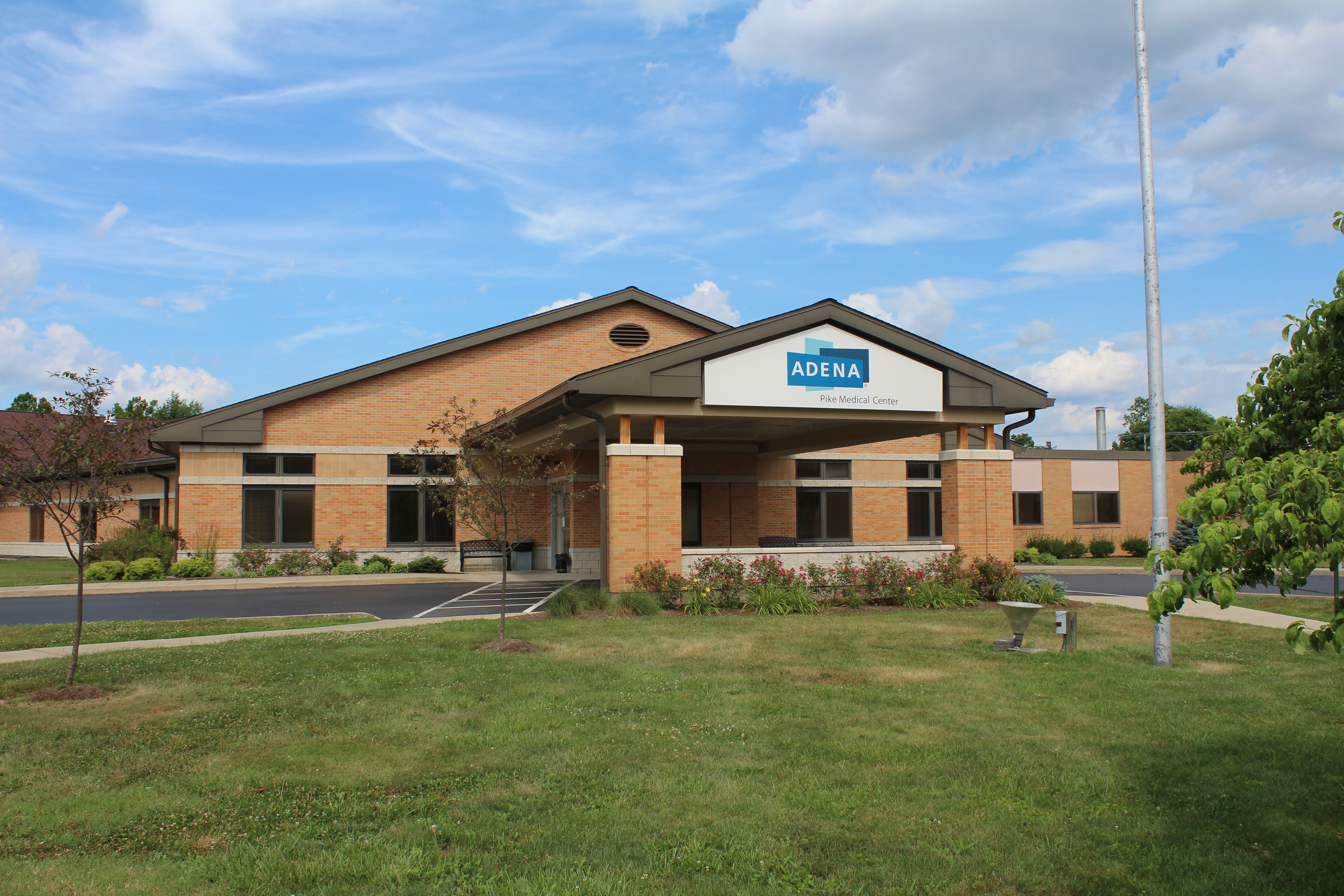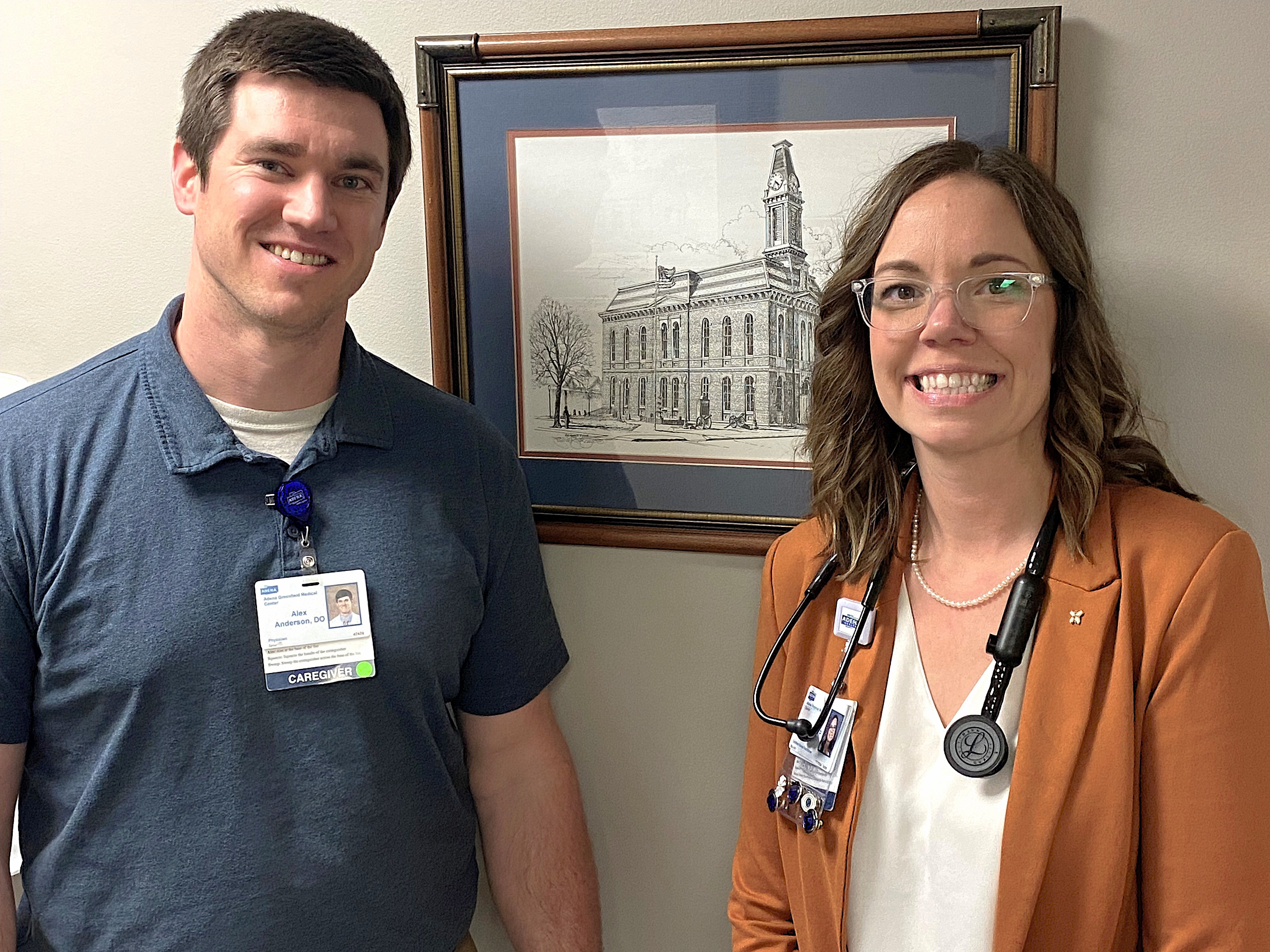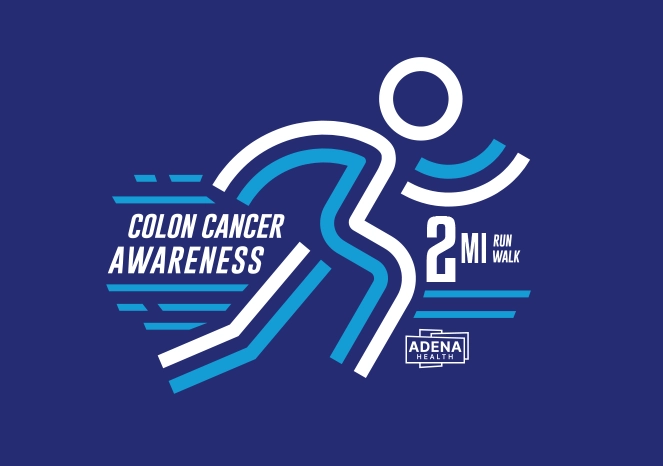Quality of Adena Pike Medical Center’s acute stroke ready care recognized with certification renewal

WAVERLY, OH (August 12, 2024) – Pike County residents experiencing the signs of stroke can feel confident they will receive the time-critical level of care they need at Adena Pike Medical Center (APMC), according to a leading national health care accreditation and certification organization.
Following a rigorous review process, APMC has been awarded a renewal of The Joint Commission’s Acute Stroke Ready Gold Seal of Approval® certification and the American Stroke Association’s Heart Check Mark for Stroke certification.
“During a stroke, there’s no time to stop and consider where to go, you need to get to an emergency department quickly,” said Roberta Henson, accreditation team lead and Adena Primary Stroke Center program coordinator. “This certification is crucial as it demonstrates the hospital’s dedication to implementing the best practices in stroke care from the moment a patient arrives until the completion of the treatment process. This should give community members peace of mind if they or a loved one ever requires that level of care.”
The certification lets those living in and around Pike County know that the hospital is well-equipped to treat stroke patients with timely, evidence-based care that is essential prior to transferring the patient to a primary or comprehensive stroke center. By stabilizing the patient and, if necessary, administering clot-busting medications quickly, APMC can save a patient’s life and prevent long-term complications from a stroke from developing before transporting to the next level of care.
Heather Entler, nurse manager of APMC’s emergency department and stroke program coordinator for the hospital, said metrics from the hospital’s performance show how quick the response is. On average, patients exhibiting signs of stroke are being seen by a physician within five minutes of arrival at the emergency department, have a CT scan completed within 20 minutes of arrival, and have that scan reviewed by a radiologist within 40 minutes of arrival to determine the likelihood of a stroke diagnosis.
“I’m very proud of the speed of care provided by caregivers in our emergency department and imaging services,” said Dave Zanni, senior operations executive officer at APMC. “That’s critical in making sure our patients are getting the essential care they need for the best possible outcome.”
At APMC, the inpatient nursing staff is also stroke-certified to complement the emergency department staff, and the hospital’s ability to offer rehabilitation support close to home during a stroke patient’s recovery provides quality local care from a patient’s arrival through the recovery process.
Signs of a possible stroke include a sudden numbness or weakness in the face, arm, or leg, especially on one side of the body; sudden confusion and difficulty speaking or understanding speech; sudden trouble seeing in one or both eyes; and/or sudden trouble walking, loss of balance, or lack of coordination. Signs to watch for in someone else include one side of the face drooping, arm weakness causing one arm to drift downward when the person tries to raise them, and slurred speech or difficulty speaking.
Time is critical in responding to a stroke, so seeking emergency help as quickly as possible when stroke symptoms appear is important for successful treatment.

